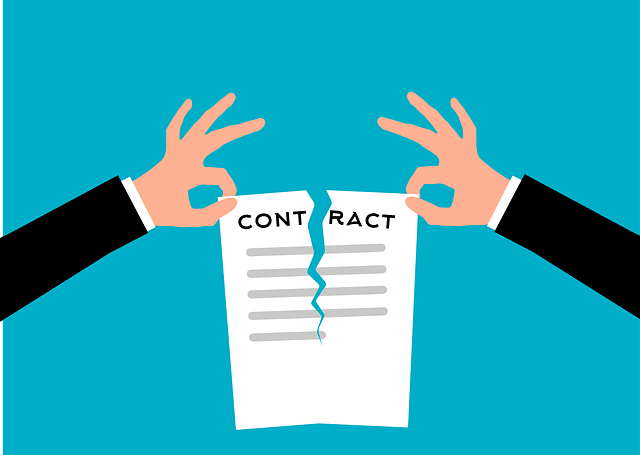Settlement Agreements are legally binding documents once they have been signed by both parties. It is therefore crucial to understand the potential consequences if the Settlement Agreement is breached. Regardless of which party breaches the Agreement, there are potential consequences, with the party that has been wronged having the right to take a claim to court in respect of breach of contract.
How Can a Settlement Agreement Be Breached?
A Settlement Agreement may be breached in several ways. For example, the employer may fail in their duty to pay the agreed sum to the employee, the employee may fail to fulfil their warranty under the Agreement, or the employee may find that the restrictive covenants contained in the document have been breached by the employee, for example by them setting up a conflicting business or attempting to solicitor former clients.
Which Actions Can Be Taken?
If one party breaches their Settlement Agreement, then the other may decide to seek enforcement of the terms, bring a claim for breach of contract, and potentially seek damages.
Breaches by the Employer
If it is the employer that has breached a Settlement Agreement, then the employee may opt to bring a claim for breach of contract against them with the aim of obtaining compensation for the losses they have suffered due to the Agreement’s violation.
In order to do this successfully, the employee will need to:
- Prove that a legally binding contract existed.
- Demonstrate that the other party failed to fulfil their side of the contract.
- Prove that losses were suffered due to the breach.
Breaches by the Employee
If the Settlement Agreement is breached by an employee, they may be required to repay some or all of their settlement money as well as the employer’s legal fees incurred due to taking action to remedy the breach.
In the event that either party believes a breach of the Settlement Agreement has taken place, seeking professional legal advice is crucial.
For more information or for expert advice on business or personal legal issues, contact us at info@carterbond.co.uk or visit our website www.carterbond.co.uk or call us on 020 3475 6751.
This content is not intended to be used as a substitute for specific legal advice or opinions. No recipients of content from this site should act or refrain from acting on the basis of content of the site without seeking appropriate legal advice.

